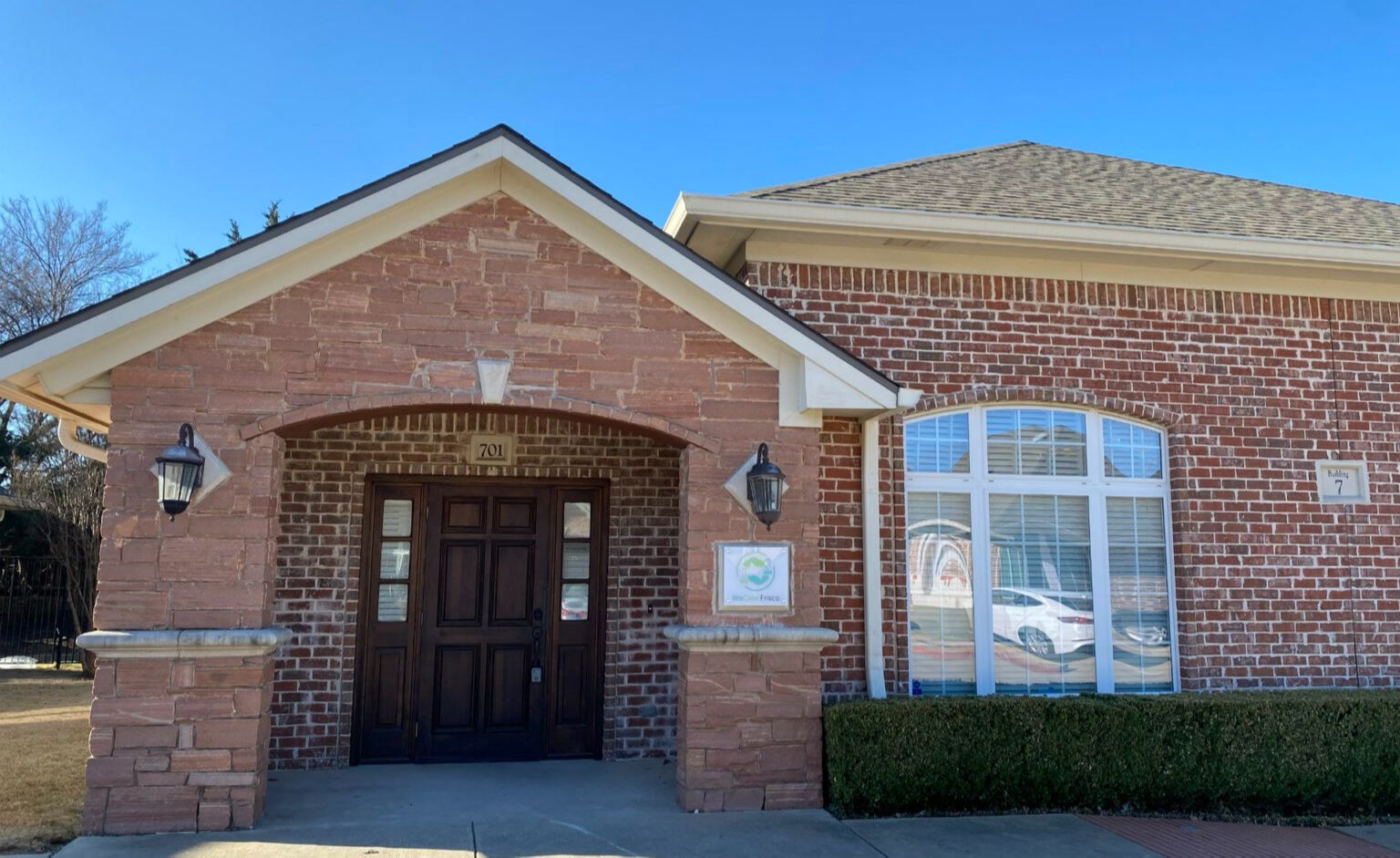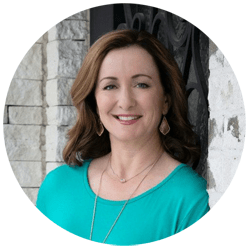
Understanding Cognitive Reserve and Its Role in Aging - Part 1
Jul 02, 2024By Jennifer Engels, MD
As we age, it's natural to worry about the effects aging might have on our minds. The idea of losing our memory or experiencing cognitive decline can be unsettling. However, there's good news: your brain may withstand time's ravages through cognitive reserve. This concept isn't just for medical professionals—it's for everyone who wants to maintain a sharp mind well into their golden years.
In this article, we will explore cognitive reserve, its importance, and how it can be enhanced to fight the effects of aging and reduce the risk of dementia, including Alzheimer’s disease.
What is Cognitive Reserve?
Cognitive reserve is like a savings account for your brain. Just as you can build up financial savings to buffer against hard times, you can also build up cognitive reserves to help your brain cope with aging and other potential damages. Cognitive reserve refers to the brain's ability to improvise and find alternate ways of getting a job done.
To say it a slightly different way, cognitive reserve is a measure of your brain’s resilience—the more cognitive reserve you have, the better your brain can function, even if it's faced with age-related changes or diseases.
The notion of cognitive reserve was first introduced in the late 1980s, when scientists identified individuals who displayed no visible signs of dementia but were later discovered, through autopsy, to have brain alterations indicative of advanced Alzheimer's disease. These individuals remained symptom-free during their lifetime due to their substantial cognitive reserve, which allowed them to compensate for age and/or disease-related brain damage and maintain normal functioning.
The Importance of Cognitive Reserve
Cognitive reserve plays a crucial role in protecting against the cognitive decline often associated with aging. It helps in several ways:
- Delay the Onset of Symptoms: People with higher cognitive reserve can often delay the symptoms of dementia and Alzheimer's disease. They may develop the same brain changes as those with lower cognitive reserve but will experience the symptoms much later.
- Maintain Cognitive Function: Cognitive reserve helps maintain everyday mental functions like memory, reasoning, and problem-solving abilities, allowing for a higher quality of life.
- Adaptability and Flexibility: With a robust cognitive reserve, the brain can adapt better to injuries or other changes, finding new pathways to perform tasks that damaged areas once handled.
Building Your Cognitive Reserve
Building cognitive reserve is a lifelong process, but it's never too late to start. Here are several ways to enhance your cognitive reserve:
- Engage in Lifelong Learning: Education is a powerful tool for building cognitive reserve. Formal education in early life provides a strong foundation, but continuing to learn new skills or hobbies throughout life further enhances brain resilience. Take up a new language, learn to play a musical instrument, or explore subjects that interest you.
- Stay Mentally Active: Keeping your brain active helps build cognitive reserve. Engage in activities that challenge your mind, such as puzzles, reading, writing, or playing strategy games. Even everyday activities like planning a trip, managing your finances, or navigating a new city can stimulate your brain.
- Maintain Social Connections: Social interaction is crucial for cognitive health. Regularly engaging with friends, family, and community groups provides mental stimulation and emotional support, essential for maintaining cognitive function.
- Exercise Regularly: Physical activity boosts blood flow to the brain and encourages the growth of new brain cells. Aim for regular aerobic exercise like walking, swimming, or cycling, which have been shown to improve brain health.
- Eat a Brain-Healthy Diet: Nutrition plays a key role in brain health. A diet rich in vegetables, low glycemic fruits, lean proteins, and healthy fats supports cognitive function. The Mediterranean diet, which emphasizes these foods, has been linked to a lower risk of cognitive decline.
- Manage Stress and Sleep Well: Chronic stress and poor sleep can negatively impact brain health. Practice stress-reducing techniques like mindfulness, yoga, or meditation. Prioritize good sleep hygiene to ensure you get enough restorative sleep each night.
Summing Up Cognitive Reserve
Cognitive reserve is an empowering concept that reminds us of the brain's remarkable ability to adapt and thrive despite the challenges of aging. We can all build our cognitive reserve by actively engaging in lifelong learning, staying mentally and socially active, exercising, eating well, and managing stress and sleep. Investing in our brain's health helps us enjoy life to its fullest now while safeguarding our cognitive abilities for the future, reducing the risk of dementia and enhancing our overall well-being.
Consider building your cognitive reserve as a lifelong journey—a proactive and enjoyable way to keep your brain healthy and resilient for years. So, why not start today? Your future self will thank you.
Next month, in Part II of this series, we will discuss Functional Medicine’s approach to brain health.
In the meantime, if you would like to learn more about the many treatment options available at WeCare Frisco, you’re invited to schedule a free Discovery Call. We always welcome new patients, and I look forward to discussing your health concerns with you.



